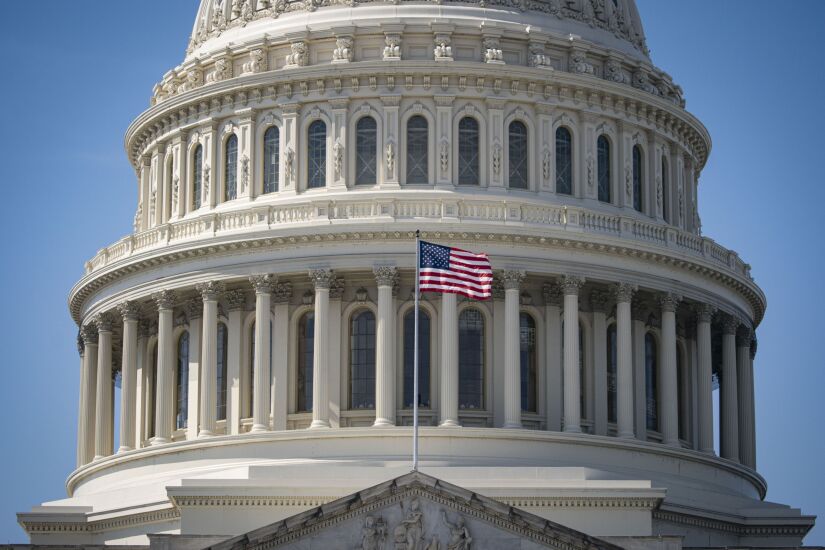The payments industry is in a year of transformation. Even with a remote workforce, banks brought on key talent and made fundamental changes to how they structure their payment and technology operations.
At the same time, consumers are changing the way they conduct their financial lives, with an emphasis not only on digital payments but also on new products like buy now/pay later.
Bank executives and other experts described their strategies during American Banker's Card Forum at the end of September. (Register to












